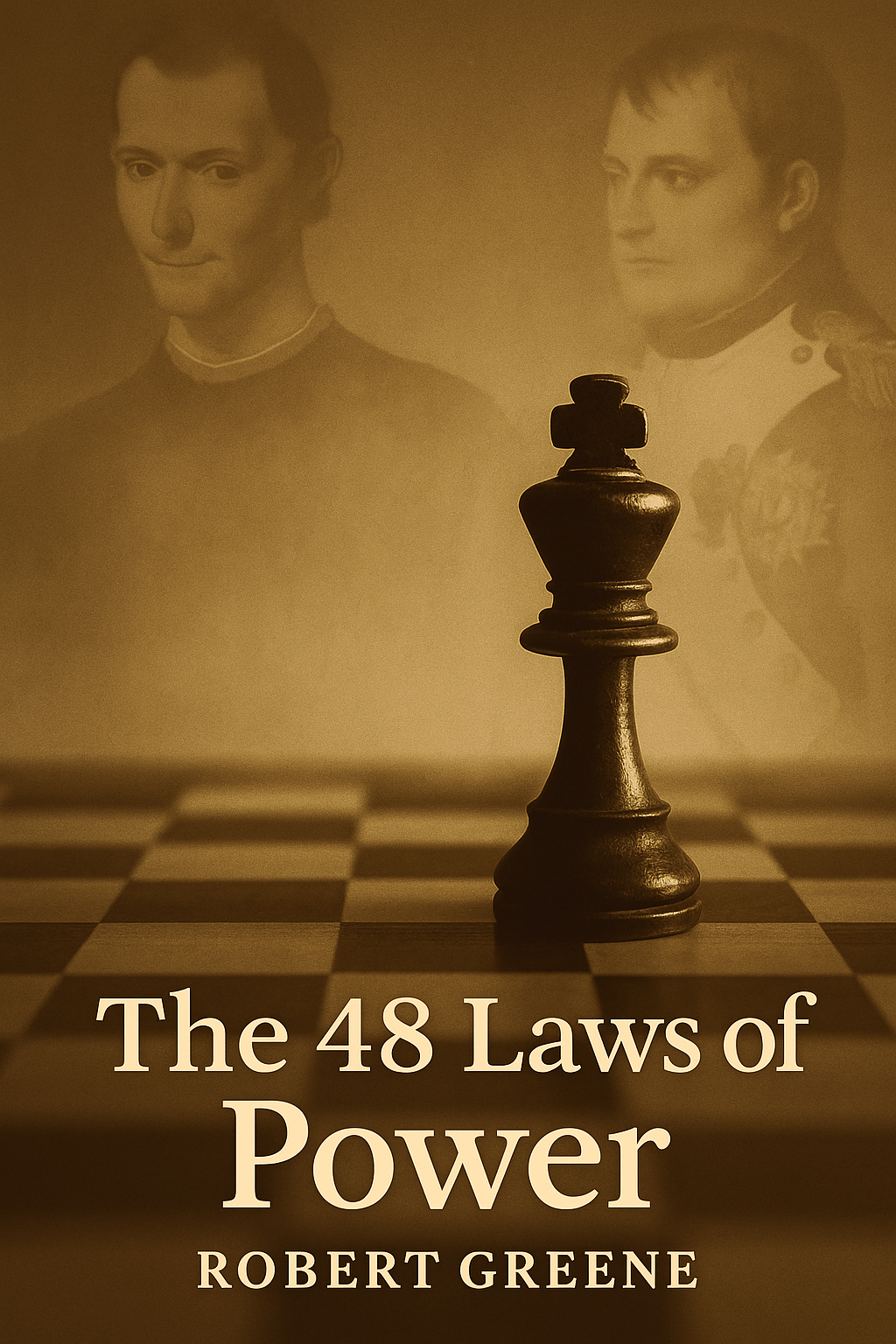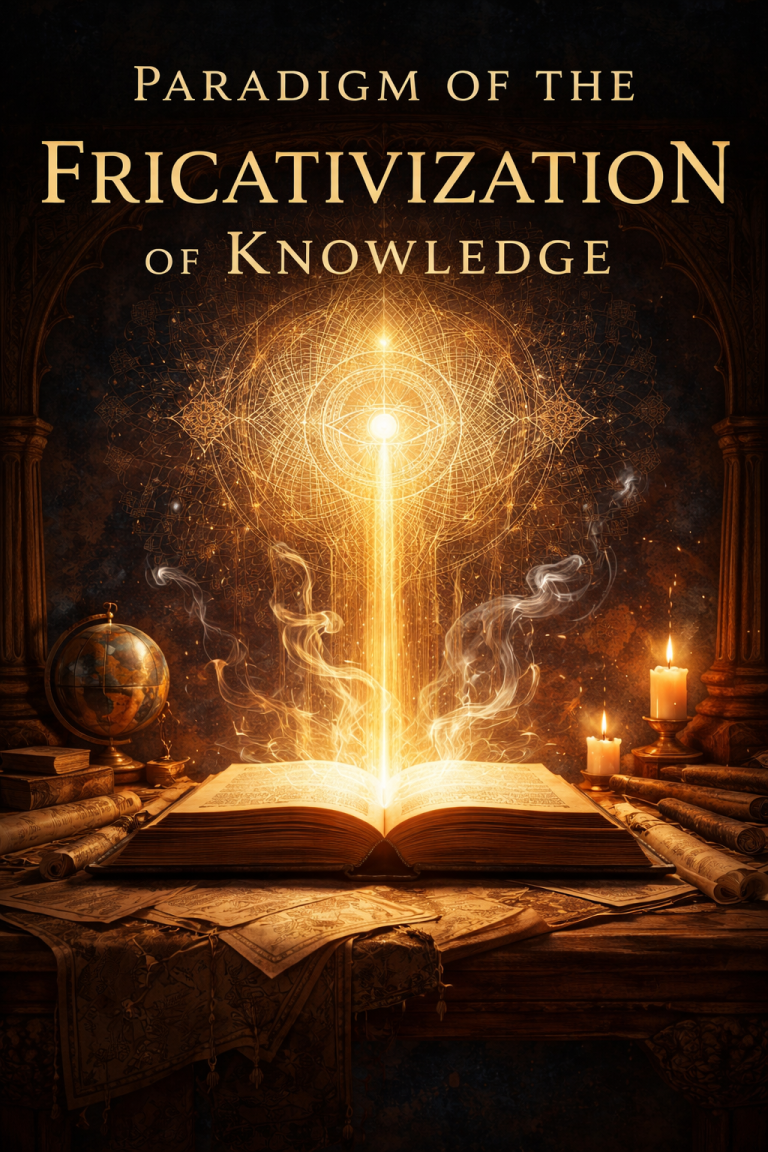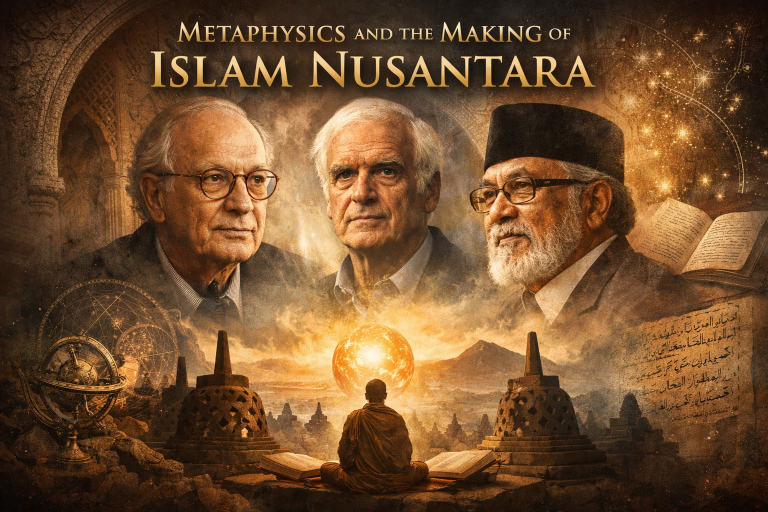
Strategy, survival, and timeless power – Robert Greene’s The 48 Laws of Power distilled in sepia tones.
Introduction
Few books have shaped the modern imagination of power as profoundly as Robert Greene’s The 48 Laws of Power. Published in 1998, it has sold millions worldwide and been banned in some prisons for being too dangerous, yet it is worshipped in boardrooms, political offices, and even among celebrities. In an age where institutions are fragile and competition defines survival, Greene’s book has become a cultural scripture. It is both feared and adored, dismissed as manipulative yet consumed by those who seek to understand the raw mechanics of influence.
Power as a Game Without Morality
Greene’s thesis is unapologetic: power is everywhere, and those who ignore it become its victims. Each “law” distills centuries of political maneuvering, historical anecdotes, and psychological insight into ruthless lessons. From “Never Outshine the Master” to “Conceal Your Intentions,” the book dismantles the illusion that success depends on merit or kindness. Instead, Greene insists that survival in competitive environments requires cold calculation.
This stark vision resonates because it names what polite culture denies. While society celebrates cooperation, Greene whispers the truth many sense but rarely say aloud: relationships are fragile, ambition is relentless, and trust is dangerous. By stripping power of its moral veil, Greene forces readers to confront its naked reality.
The Seduction of Strategy
What makes The 48 Laws of Power enduring is its style. Greene writes with the authority of a strategist, weaving historical anecdotes—from Napoleon to Sun Tzu, from courtiers to con men—into timeless lessons. Each law feels less like advice and more like a revelation. Readers are seduced not only by the content but by the rhythm of his prose: elegant, ominous, and prophetic.
The book reads less like a manual and more like scripture. Its language is absolute, its rules uncompromising. This rigidity appeals to readers exhausted by ambiguity. In a world of shifting values, Greene offers clarity: here are the laws, here are the strategies, and here are the consequences.
Why It Resonates Today
The success of The 48 Laws of Power in the twenty-first century reflects the crisis of trust. People perceive institutions—political, corporate, and even familial—as unstable. In such a climate, individuals feel unprotected and must arm themselves—Greene’s book functions as intellectual armor, a guide to recognizing manipulation before being crushed by it.
It also mirrors geopolitics. Just as nations maneuver strategically in a multipolar world, individuals maneuver in workplaces, markets, and relationships. Greene’s book bridges the micro and the macro: the same strategies that define global diplomacy echo in office politics and personal ambition.
The Critique of Cynicism
Critics argue that Greene’s work breeds paranoia, teaching readers to see manipulation everywhere. They worry it normalizes cynicism, making trust impossible. Indeed, if one follows the book too literally, every friendship becomes a transaction, every kindness a disguise. Greene’s brilliance, then, is also his danger: he makes power legible but strips it of compassion.
Yet even this critique proves his point. Greene does not ask readers to like power; he asks them to recognize it. Ignorance, he insists, is fatal. The book’s endurance suggests that readers would rather risk cynicism than remain blind.
Greene’s Place in the Self-Help Canon
Unlike habit books (Atomic Habits), wealth manuals (Rich Dad Poor Dad), or identity texts (Daring Greatly), Greene does not promise happiness or peace. He promises survival. His work belongs not to the tradition of self-care but to the lineage of Machiavelli and Sun Tzu. He does not soothe the fragile self; he equips the strategic self.
This makes The 48 Laws of Power unique in the modern self-help ecosystem. It is not therapy; it is weaponry. Readers pick it up not to heal but to arm themselves.
Conclusion—Reading Greene in Our Time
To read The 48 Laws of Power today is to acknowledge the distrust that defines our era. Greene speaks to a civilization where trust is scarce, manipulation is expected, and individuals must strategize to endure. The book is not simply about gaining advantage—it is about surviving in systems where advantage is constantly shifting.
Love it or hate it, Greene’s masterpiece remains one of the most critical mirrors of our age. It reveals not only how power works but also why we keep reaching for it: because in a fragile world, power still feels like the only protection.






